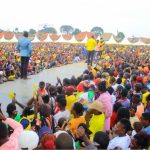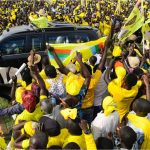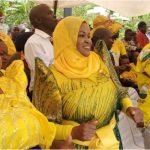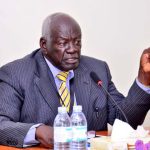Published on 23/10/2025
President Yoweri Museveni has urged leaders to focus on developing key infrastructure projects before pursuing other government programmes, saying infrastructure forms the backbone of Uganda’s economic transformation.
Addressing a campaign rally at Pajule Primary School in Pader District, Museveni said that while many communities have competing demands, government must concentrate on critical areas such as roads, electricity, water, education, and health to sustain long-term growth.

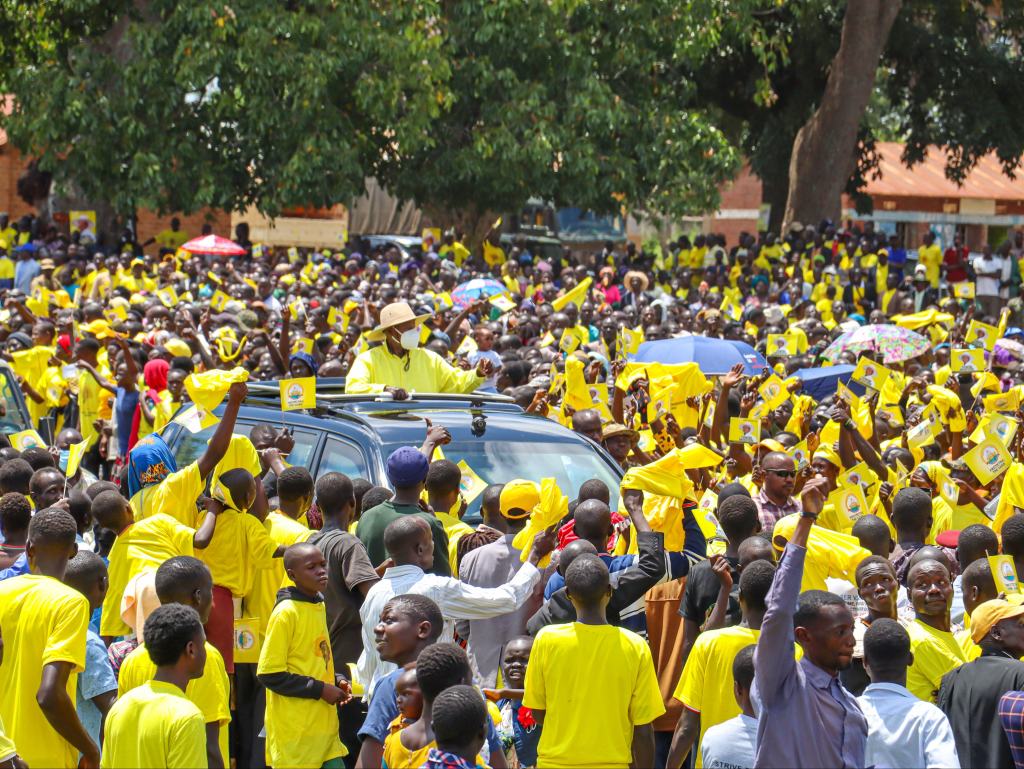
“Before we talk about other things, let’s first ensure that we have the essentials — defense, health, roads, and education. Once we strengthen these, other programmes can follow,” Museveni said.
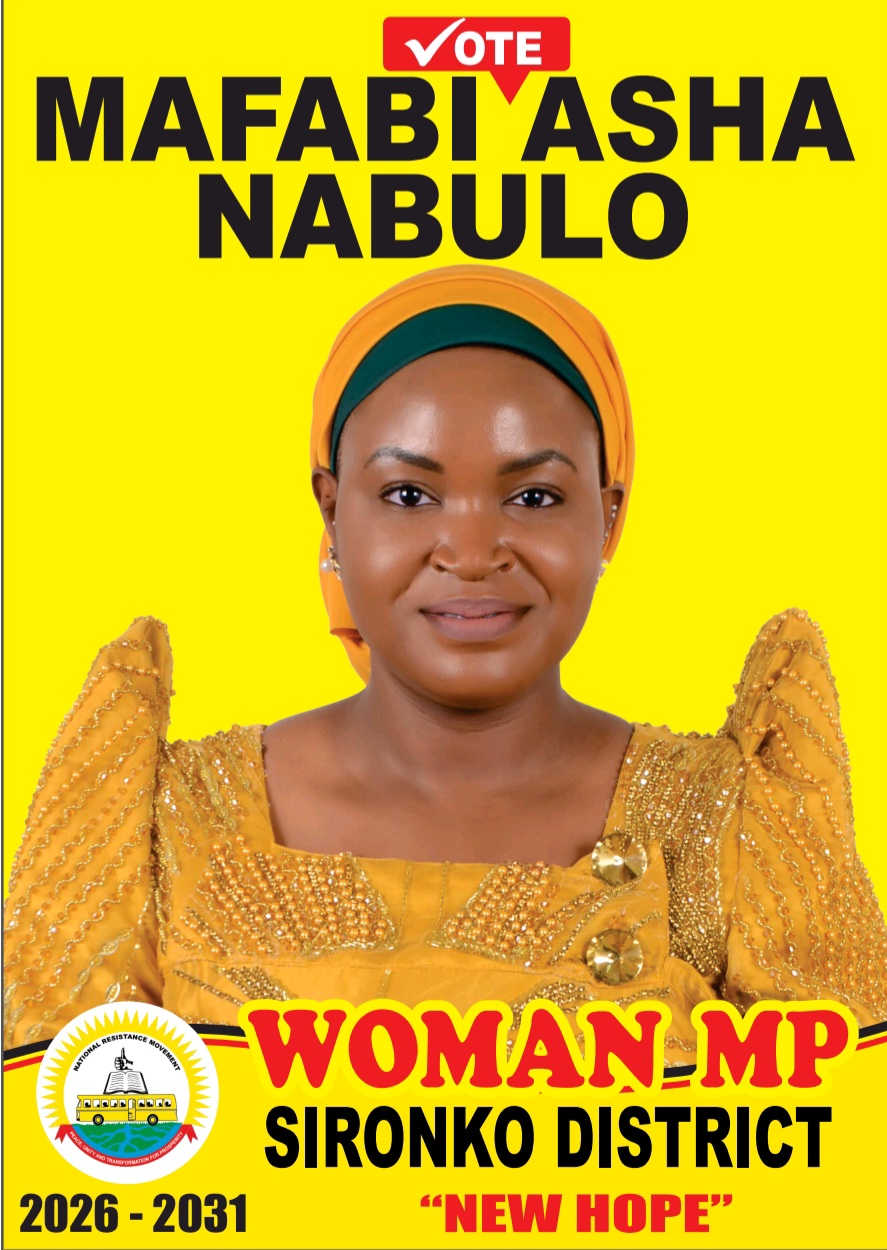
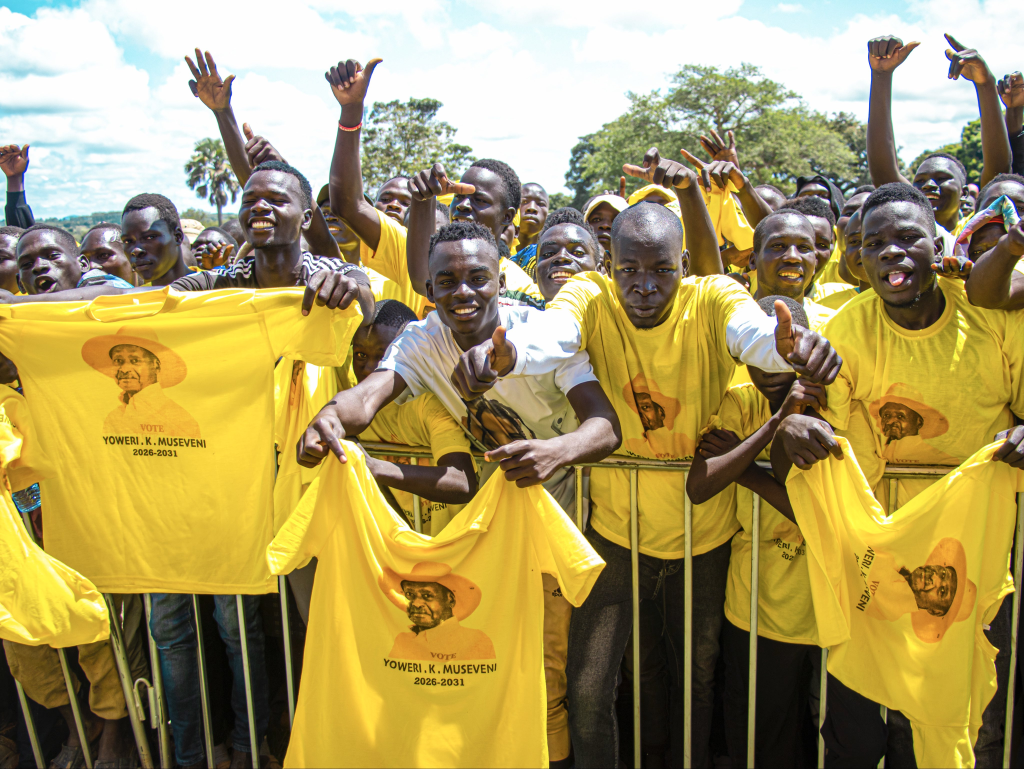
The President, who is also the NRM presidential candidate, reminded leaders and citizens about the importance of prioritization. Drawing from his own experience in the liberation struggles of the 1970s and 1980s, Museveni said success requires focus and sacrifice.
Read Also
President Museveni Appoints Prof. Jack Mogi Nyeko As New Chancellor For Mbarara University – National News Expressnationalnewsexpress.com
“When I was in exile fighting Amin, I had to prioritize the revolution and forget about my family. If you want to achieve anything meaningful, you must prioritize,” he said.
Museveni praised the government’s achievements in extending peace and infrastructure to northern Uganda, citing improved road networks, expanded electricity coverage, and access to clean water.
According to the President, Pader District has 871 villages, 770 of which have boreholes, giving 90% of residents access to safe water. He also noted that when the NRM came to power in 1986, Uganda had only 23,000 telephone lines, compared to over 18 million mobile connections today.

The President, however, expressed concern about poor road maintenance in some areas, saying drainage systems must be kept open to prevent flooding.
On education, Museveni commended Pader for having nine government secondary schools, six of which offer A-Level, a major improvement from the 1960s when only a few secondary schools existed in the Acholi sub-region.
Wealth creation and household incomes
President Museveni also used the rally to encourage Ugandans to embrace wealth creation initiatives as part of their personal contribution to national development.
He cited examples of farmers who have transformed their lives through commercial agriculture and efficient use of land, urging households to adopt the four-acre model that promotes intensive farming.
“I met a man who produces 900 litres of milk per day. Even though the price is low, he earns about one million shillings a month — that’s 250 million a year. He has built a modern house and educated his children. That is how families can become prosperous,” Museveni said.
He explained that the four-acre model, which he has been championing across the country, helps smallholder farmers maximize productivity on limited land.
Under the model, one acre is used for coffee or another cash crop, one acre for fruits such as bananas and mangoes, one acre for pasture and zero-grazing dairy cows, and one acre for food crops or fish ponds. Museveni said the model has been successfully demonstrated in various regions, noting that with proper management, a household can earn between 70 to 100 million shillings annually.
“This approach supports both income and food security. It’s how families can move out of poverty,” he said.
The President also encouraged Ugandans to use available natural resources wisely by adopting solar energy, livestock farming, and small-scale enterprises to improve their incomes while waiting for government interventions.
“By the time government support reaches you, you should have already done something for yourself. Use your land well — even four acres can make you rich,” he advised.
Museveni hailed farmers in Amuru and Pader who are already benefiting from the Parish Development Model (PDM) through ventures such as coffee growing, banana farming, livestock rearing, and fish farming.
He said the government would continue supporting such initiatives to ensure that every Ugandan household becomes productive and self-sustaining.
“When people are busy farming, producing, and earning, poverty will disappear from Uganda,” the President said.


